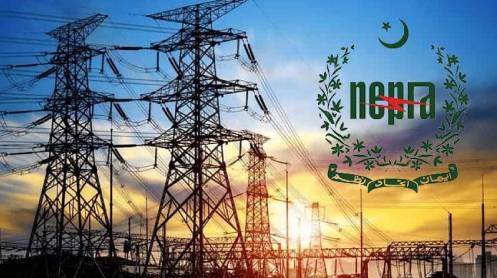The 720 megawatts Karot hydropower plant is now a week away from starting commercial operations after it was put to 168 hours long reliability run test (RTT) on Tuesday. According to Gwadar Pro, RTT is the last test before the commissioning of the project, a senior official of Karot Power Co. told Gwadar Pro. Karot Power is a special-purpose vehicle incorporated in Pakistan for executing the project by China Three Gorges (CTG) South Asia Investment Ltd., a subsidiary of CTG.
The test run was launched at 9:30 am on June 21 and will conclude on June 28, after which all four units of the plant will be ready for full-scale electricity generation, the official said.
Karot is the first-ever hydropower project under China-Pakistan Economic Corridor (CPEC) initiative to be completed at a cost of $1.72 billion. The project will play a vital role in Pakistan’s energy security by providing clean and affordable electricity.
The run-of-river facility is already contributing electricity to the national grid free of cost. Prime Minister Shahbaz Sharif said during a recent visit to Karot that the plant will provide free electricity worth Rs4 billion to the national grid as a gift to the Pakistani people until it starts commercial operations.
According to the Central Power Purchasing Authority (CPPA), the project contributed 244.25 million units of free electricity to the national grid in May.
The RTT is being witnessed by independent international engineers and officials of the relevant government departments, the official said. He added that before the RTT, the plant successfully went through the load rejection test at a full capacity of 720MWs.
This is a vital test in which load from a running unit is suddenly removed to check that if it safely shuts down without damage to electromechanical installations and the civil foundations in case of tripping of the power plant. The reactive capability test was also successful, the official said.
Prime Minister Shahbaz Sharif is expected to inaugurate this landmark clean and cheaper energy project of CPEC on June 30.The 720 megawatts Karot hydropower plant is now a week away from starting commercial operations after it was put to 168 hours long reliability run test (RTT) on Tuesday. According to Gwadar Pro, RTT is the last test before the commissioning of the project, a senior official of Karot Power Co. told Gwadar Pro. Karot Power is a special-purpose vehicle incorporated in Pakistan for executing the project by China Three Gorges (CTG) South Asia Investment Ltd., a subsidiary of CTG.
The test run was launched at 9:30 am on June 21 and will conclude on June 28, after which all four units of the plant will be ready for full-scale electricity generation, the official said.
Karot is the first-ever hydropower project under China-Pakistan Economic Corridor (CPEC) initiative to be completed at a cost of $1.72 billion. The project will play a vital role in Pakistan’s energy security by providing clean and affordable electricity.
The run-of-river facility is already contributing electricity to the national grid free of cost. Prime Minister Shahbaz Sharif said during a recent visit to Karot that the plant will provide free electricity worth Rs4 billion to the national grid as a gift to the Pakistani people until it starts commercial operations.
According to the Central Power Purchasing Authority (CPPA), the project contributed 244.25 million units of free electricity to the national grid in May.
The RTT is being witnessed by independent international engineers and officials of the relevant government departments, the official said. He added that before the RTT, the plant successfully went through the load rejection test at a full capacity of 720MWs.
This is a vital test in which load from a running unit is suddenly removed to check that if it safely shuts down without damage to electromechanical installations and the civil foundations in case of tripping of the power plant. The reactive capability test was also successful, the official said.
Prime Minister Shahbaz Sharif is expected to inaugurate this landmark clean and cheaper energy project of CPEC on June 30.





